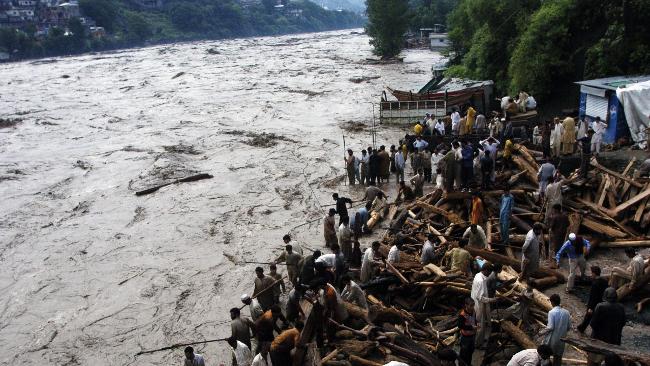 Al Gore has written an impressive long article in Rolling Stone magazine. I read it with gratitude and wanted to recommend it to others. It’s a highly readable text packed with rich detail which reflects the wide spectrum across which Gore operates and the considerable intelligence which informs his thinking. It deserves wide readership.
Al Gore has written an impressive long article in Rolling Stone magazine. I read it with gratitude and wanted to recommend it to others. It’s a highly readable text packed with rich detail which reflects the wide spectrum across which Gore operates and the considerable intelligence which informs his thinking. It deserves wide readership.
The article proclaims new grounds for hope that we will yet find our way to a low-carbon global economy in time to prevent the worst effects of unchecked climate change. Gore opens with an affirmation that a powerful yet largely unnoticed shift is under way in the needed transition. Here is the surprising fact that signals hope:
“Our ability to convert sunshine into usable energy has become much cheaper far more rapidly than anyone had predicted.”
The cost of solar electricity has decreased by an average 20 percent per year since 2010. Gore sees an ongoing decline in cost to the point where by 2020 more than 80 percent of 0the world’s people will live in regions where solar will be competitive with electricity from other sources. This is already the case in at least 79 of the world’s countries.


 James Hansen’s latest
James Hansen’s latest  Al Gore didn’t hesitate to dwell on extreme weather events as evidence of the reality of climate change in his closing address for the 24-hour Climate Reality Project last week. There has certainly been no lack of them in the past year or so. Was he pushing the boundaries of the science? It wouldn’t worry me too much if he was because there’s plenty else in the scientific projections which is clearly under way, such as the melting polar ice or the acidification of the oceans. But Gore is a very intelligent and well-informed man and I don’t think he allowed himself to be carried away beyond the scientific mandate. Consider what is being said by some scientists right now.
Al Gore didn’t hesitate to dwell on extreme weather events as evidence of the reality of climate change in his closing address for the 24-hour Climate Reality Project last week. There has certainly been no lack of them in the past year or so. Was he pushing the boundaries of the science? It wouldn’t worry me too much if he was because there’s plenty else in the scientific projections which is clearly under way, such as the melting polar ice or the acidification of the oceans. But Gore is a very intelligent and well-informed man and I don’t think he allowed himself to be carried away beyond the scientific mandate. Consider what is being said by some scientists right now.
You must be logged in to post a comment.